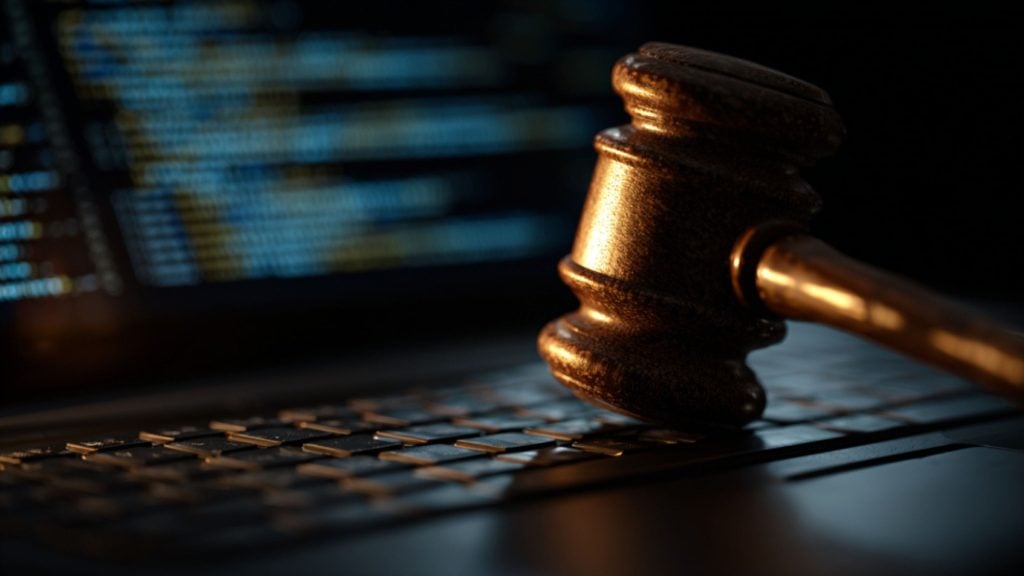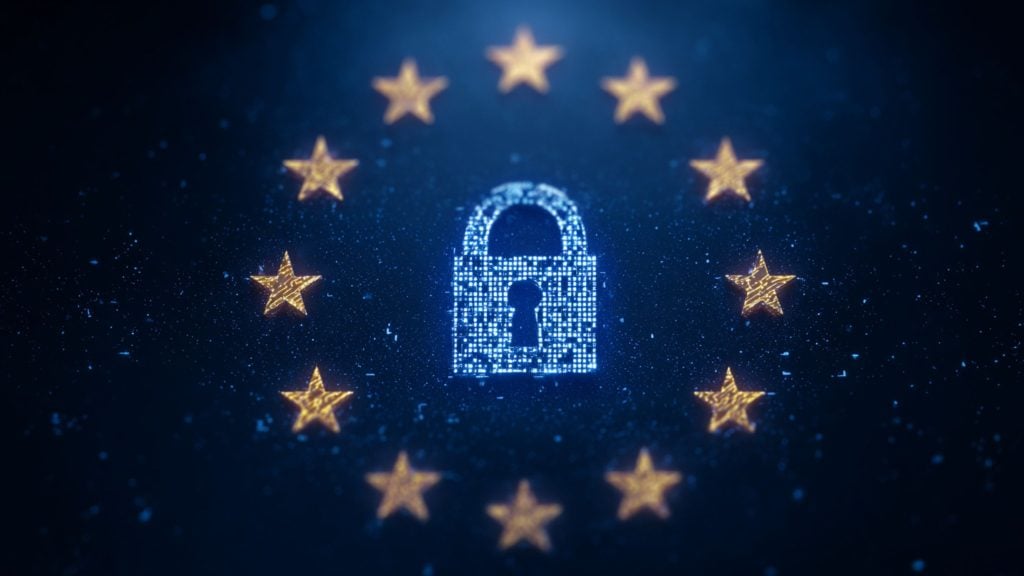Publishers in Australia have taken the decision to not share controversial stories on social platforms, after a shocking court decision was made earlier in the year, that ruled that publishers were somehow liable for the comments that their users made on their Facebook posts.
In order to avoid any defamatory comments on their Facebook posts, some of the country’s biggest publishers are suppressing controversial but important stories out of fear of being held liable for the comments on the posts.
ABC, Guardian Australia, and The Age confirmed to The Sydney Morning Herald that they had been suppressing stories out fear of liability. The Sydney Morning Herald themselves admitted that they had done the same.
James Chessell, group executive editor of The Sydney Morning Herald and The Age said: “the journalism we aren’t publishing on Facebook tends to be the challenging but important stories that might attract a strong reaction from users.
“This means important journalism covering disagreements over public policy, the misconduct of public officials and certain crimes is less likely to be published on Facebook,” Chessell said.
The publishers, that consider themselves to be some of Australia’s most authoritative and respectable sources, fear that the suppression of the controversial stories could lead to readers turning to more “unreliable sources” in order to read the story.
It was the Supreme Court of NSW that made the controversial ruling that media publishers are liable for the “defamatory” comments that their readers post on Facebook – even if the media publishers aren’t aware of the comments.












